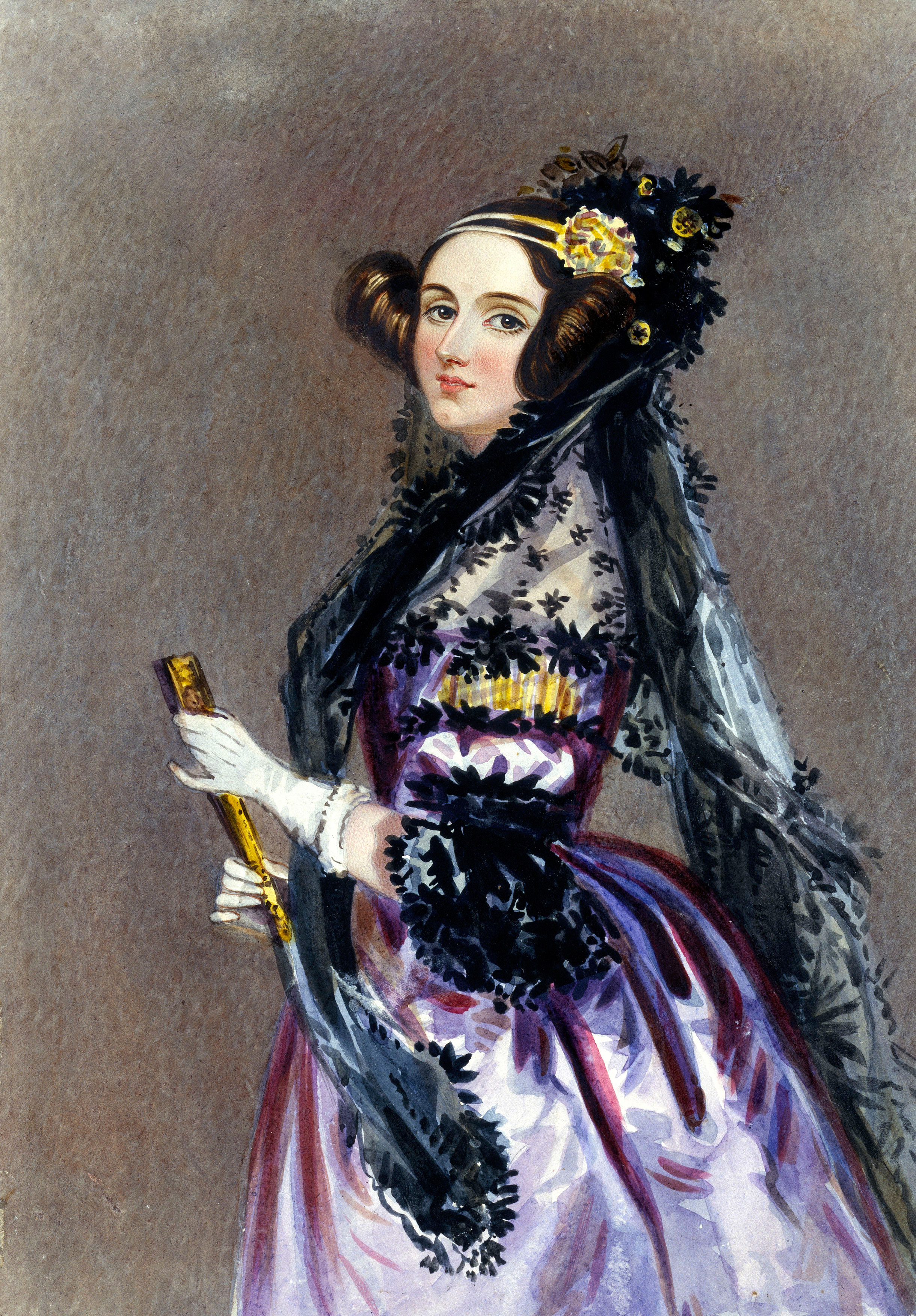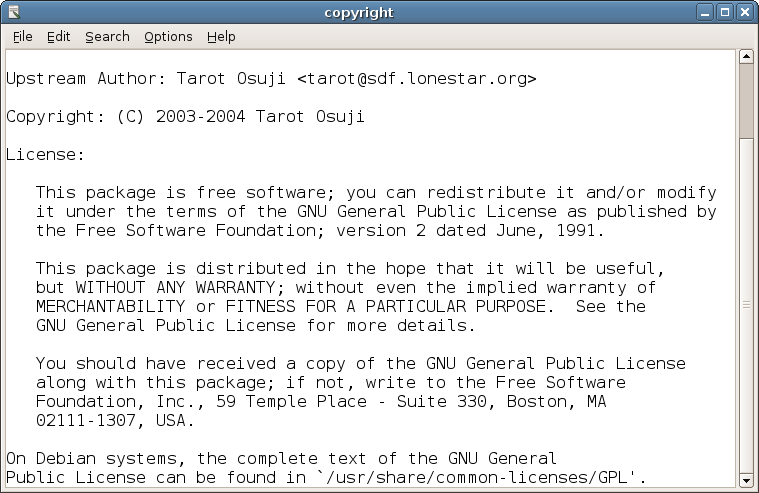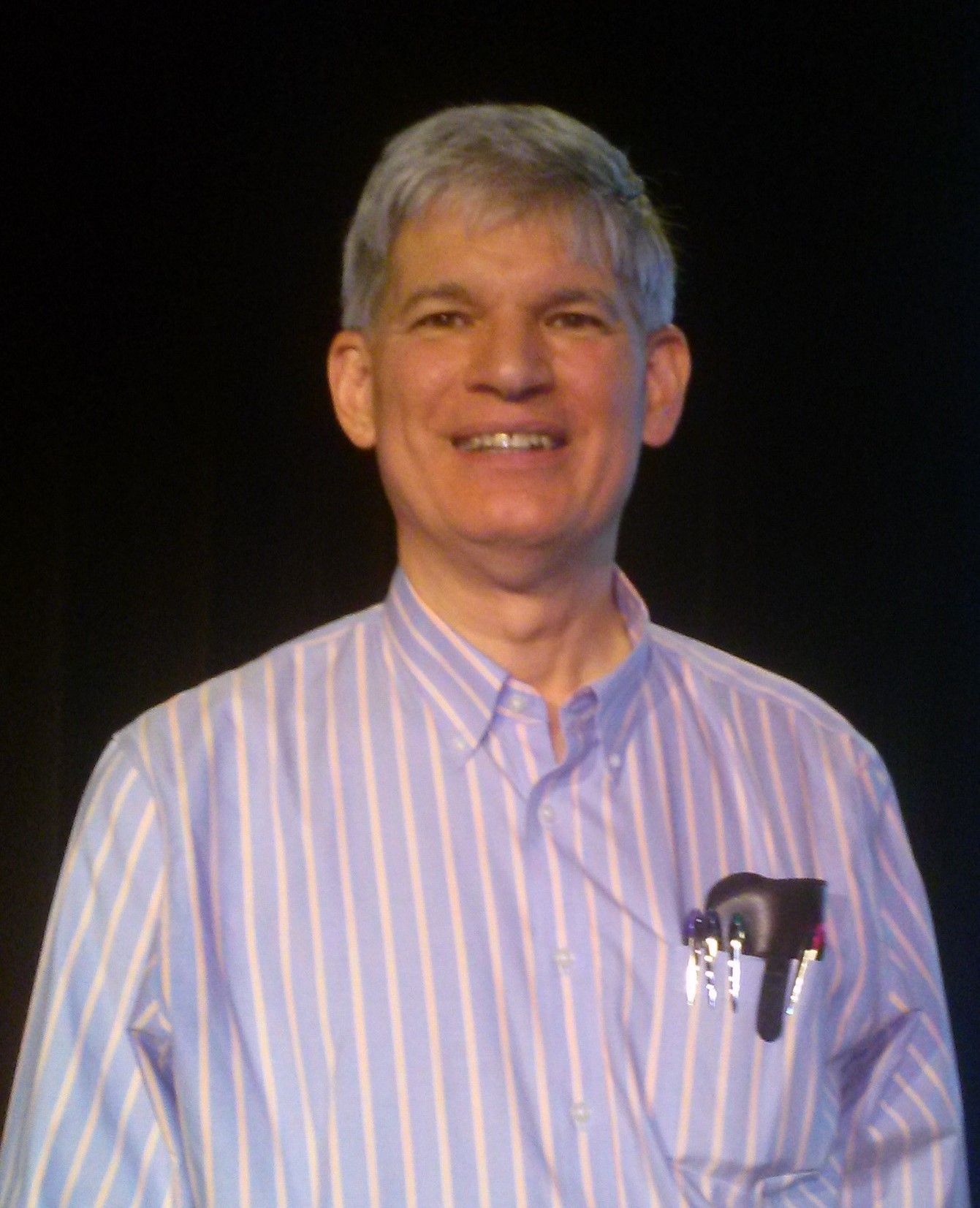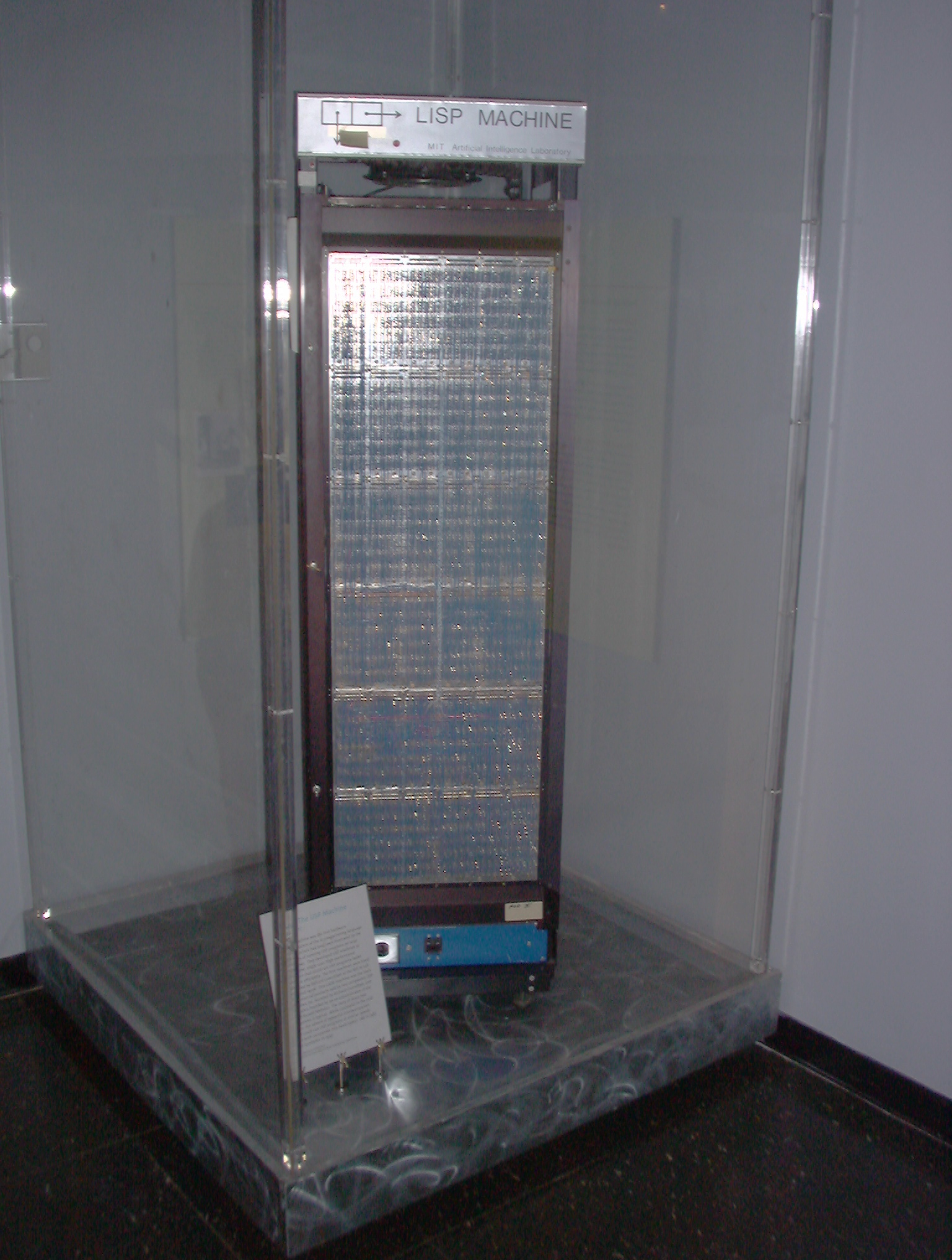|
Epsilon (text Editor)
Epsilon is a programmer's text editor modelled after Emacs. It resembles Emacs not only in its default keybindings and layout, but also in the fact that it has a Turing-complete extension language in which much of its functionality is implemented. Unlike Emacs, Epsilon's extension language, EEL (Epsilon Extension Language) is a dialect of C rather than a dialect of Lisp. Epsilon runs on DOS, Microsoft Windows, Linux, FreeBSD, Mac OS X and OS/2. Epsilon is a commercial product sold by Lugaru Software. It was first released in 1984, long before Emacs was available on personal computers, and it provided an attractive alternative to the usual DOS editors for those accustomed to Emacs. It was also the first DOS based editor to allow editing of files that were larger than available RAM, and one of the first to allow running programs (such as compilers) in the background while allowing editing to proceed concurrently on DOS. Epsilon supports Unicode but does not display characters out ... [...More Info...] [...Related Items...] OR: [Wikipedia] [Google] [Baidu] |
Programmer
A computer programmer, sometimes referred to as a software developer, a software engineer, a programmer or a coder, is a person who creates computer programs — often for larger computer software. A programmer is someone who writes/creates computer software or applications by providing a specific programming language to the computer. Most programmers have extensive computing and coding experience in many varieties of programming languages and platforms, such as Structured Query Language (SQL), Perl, Extensible Markup Language (XML), PHP, HTML, C, C++ and Java. A programmer's most often-used computer language (e.g., Assembly, C, C++, C#, JavaScript, Lisp, Python, Java, etc.) may be prefixed to the aforementioned terms. Some who work with web programming languages may also prefix their titles with ''web''. Terminology There is no industry-wide standard terminology, so "programmer" and " software engineer" might refer to the same role at different companies. Most typica ... [...More Info...] [...Related Items...] OR: [Wikipedia] [Google] [Baidu] |
Text Editor
A text editor is a type of computer program that edits plain text. Such programs are sometimes known as "notepad" software (e.g. Windows Notepad). Text editors are provided with operating systems and software development packages, and can be used to change files such as configuration files, documentation files and programming language source code. Plain text and rich text There are important differences between plain text (created and edited by text editors) and rich text (such as that created by word processors or desktop publishing software). Plain text exclusively consists of character representation. Each character is represented by a fixed-length sequence of one, two, or four bytes, or as a variable-length sequence of one to four bytes, in accordance to specific character encoding conventions, such as ASCII, ISO/IEC 2022, Shift JIS, UTF-8, or UTF-16. These conventions define many printable characters, but also non-printing characters that control the flow of ... [...More Info...] [...Related Items...] OR: [Wikipedia] [Google] [Baidu] |
Emacs
Emacs , originally named EMACS (an acronym for "Editor MACroS"), is a family of text editors that are characterized by their extensibility. The manual for the most widely used variant, GNU Emacs, describes it as "the extensible, customizable, self-documenting, real-time display editor". Development of the first Emacs began in the mid-1970s, and work on its direct descendant, GNU Emacs, continues actively; the latest version is 28.2, released in September 2022. Emacs has over 10,000 built-in commands and its user interface allows the user to combine these commands into macros to automate work. Implementations of Emacs typically feature a dialect of the Lisp programming language, allowing users and developers to write new commands and applications for the editor. Extensions have been written to, among other things, manage files, remote access, e-mail, outlines, multimedia, git integration, and RSS feeds, as well as implementations of '' ELIZA'', '' Pong'', '' Conway's Lif ... [...More Info...] [...Related Items...] OR: [Wikipedia] [Google] [Baidu] |
Turing Completeness
In computability theory, a system of data-manipulation rules (such as a computer's instruction set, a programming language, or a cellular automaton) is said to be Turing-complete or computationally universal if it can be used to simulate any Turing machine (devised by English mathematician and computer scientist Alan Turing). This means that this system is able to recognize or decide other data-manipulation rule sets. Turing completeness is used as a way to express the power of such a data-manipulation rule set. Virtually all programming languages today are Turing-complete. A related concept is that of Turing equivalence two computers P and Q are called equivalent if P can simulate Q and Q can simulate P. The Church–Turing thesis conjectures that any function whose values can be computed by an algorithm can be computed by a Turing machine, and therefore that if any real-world computer can simulate a Turing machine, it is Turing equivalent to a Turing machine. A universal Turi ... [...More Info...] [...Related Items...] OR: [Wikipedia] [Google] [Baidu] |
Extension Language
A scripting language or script language is a programming language that is used to manipulate, customize, and automate the facilities of an existing system. Scripting languages are usually interpreted at runtime rather than compiled. A scripting language's primitives are usually elementary tasks or API calls, and the scripting language allows them to be combined into more programs. Environments that can be automated through scripting include application software, text editors, web pages, operating system shells, embedded systems, and computer games. A scripting language can be viewed as a domain-specific language for a particular environment; in the case of scripting an application, it is also known as an extension language. Scripting languages are also sometimes referred to as very high-level programming languages, as they sometimes operate at a high level of abstraction, or as control languages, particularly for job control languages on mainframes. The term ''scripting la ... [...More Info...] [...Related Items...] OR: [Wikipedia] [Google] [Baidu] |
C (programming Language)
C (''pronounced like the letter c'') is a General-purpose language, general-purpose computer programming language. It was created in the 1970s by Dennis Ritchie, and remains very widely used and influential. By design, C's features cleanly reflect the capabilities of the targeted CPUs. It has found lasting use in operating systems, device drivers, protocol stacks, though decreasingly for application software. C is commonly used on computer architectures that range from the largest supercomputers to the smallest microcontrollers and embedded systems. A successor to the programming language B (programming language), B, C was originally developed at Bell Labs by Ritchie between 1972 and 1973 to construct utilities running on Unix. It was applied to re-implementing the kernel of the Unix operating system. During the 1980s, C gradually gained popularity. It has become one of the measuring programming language popularity, most widely used programming languages, with C compilers avail ... [...More Info...] [...Related Items...] OR: [Wikipedia] [Google] [Baidu] |
Lisp Programming Language
Lisp (historically LISP) is a family of programming languages with a long history and a distinctive, fully parenthesized prefix notation. Originally specified in 1960, Lisp is the second-oldest high-level programming language still in common use, after Fortran. Lisp has changed since its early days, and many dialects have existed over its history. Today, the best-known general-purpose Lisp dialects are Common Lisp, Scheme, Racket and Clojure. Lisp was originally created as a practical mathematical notation for computer programs, influenced by (though not originally derived from) the notation of Alonzo Church's lambda calculus. It quickly became a favored programming language for artificial intelligence (AI) research. As one of the earliest programming languages, Lisp pioneered many ideas in computer science, including tree data structures, automatic storage management, dynamic typing, conditionals, higher-order functions, recursion, the self-hosting compiler, and t ... [...More Info...] [...Related Items...] OR: [Wikipedia] [Google] [Baidu] |
Microsoft Windows
Windows is a group of several Proprietary software, proprietary graphical user interface, graphical operating system families developed and marketed by Microsoft. Each family caters to a certain sector of the computing industry. For example, Windows NT for consumers, Windows Server for servers, and Windows IoT for embedded systems. Defunct Windows families include Windows 9x, Windows Mobile, and Windows Phone. The first version of Windows was released on November 20, 1985, as a graphical operating system shell for MS-DOS in response to the growing interest in graphical user interfaces (GUIs). Windows is the most popular desktop operating system in the world, with Usage share of operating systems, 75% market share , according to StatCounter. However, Windows is not the most used operating system when including both mobile and desktop OSes, due to Android (operating system), Android's massive growth. , the most recent version of Windows is Windows 11 for consumer Personal compu ... [...More Info...] [...Related Items...] OR: [Wikipedia] [Google] [Baidu] |
Linux
Linux ( or ) is a family of open-source Unix-like operating systems based on the Linux kernel, an operating system kernel first released on September 17, 1991, by Linus Torvalds. Linux is typically packaged as a Linux distribution, which includes the kernel and supporting system software and libraries, many of which are provided by the GNU Project. Many Linux distributions use the word "Linux" in their name, but the Free Software Foundation uses the name "GNU/Linux" to emphasize the importance of GNU software, causing some controversy. Popular Linux distributions include Debian, Fedora Linux, and Ubuntu, the latter of which itself consists of many different distributions and modifications, including Lubuntu and Xubuntu. Commercial distributions include Red Hat Enterprise Linux and SUSE Linux Enterprise. Desktop Linux distributions include a windowing system such as X11 or Wayland, and a desktop environment such as GNOME or KDE Plasma. Distributions intended for ... [...More Info...] [...Related Items...] OR: [Wikipedia] [Google] [Baidu] |
FreeBSD
FreeBSD is a free and open-source Unix-like operating system descended from the Berkeley Software Distribution (BSD), which was based on Research Unix. The first version of FreeBSD was released in 1993. In 2005, FreeBSD was the most popular open-source BSD operating system, accounting for more than three-quarters of all installed and permissively licensed BSD systems. FreeBSD has similarities with Linux, with two major differences in scope and licensing: FreeBSD maintains a complete system, i.e. the project delivers a kernel, device drivers, userland utilities, and documentation, as opposed to Linux only delivering a kernel and drivers, and relying on third-parties for system software; FreeBSD source code is generally released under a permissive BSD license, as opposed to the copyleft GPL used by Linux. The FreeBSD project includes a security team overseeing all software shipped in the base distribution. A wide range of additional third-party applications may be inst ... [...More Info...] [...Related Items...] OR: [Wikipedia] [Google] [Baidu] |
Mac OS X
macOS (; previously OS X and originally Mac OS X) is a Unix operating system developed and marketed by Apple Inc. since 2001. It is the primary operating system for Apple's Mac computers. Within the market of desktop and laptop computers it is the second most widely used desktop OS, after Microsoft Windows and ahead of ChromeOS. macOS succeeded the classic Mac OS, a Mac operating system with nine releases from 1984 to 1999. During this time, Apple cofounder Steve Jobs had left Apple and started another company, NeXT, developing the NeXTSTEP platform that would later be acquired by Apple to form the basis of macOS. The first desktop version, Mac OS X 10.0, was released in March 2001, with its first update, 10.1, arriving later that year. All releases from Mac OS X 10.5 Leopard and after are UNIX 03 certified, with an exception for OS X 10.7 Lion. Apple's other operating systems (iOS, iPadOS, watchOS, tvOS, audioOS) are derivatives of macOS. A prominent pa ... [...More Info...] [...Related Items...] OR: [Wikipedia] [Google] [Baidu] |
OS/2
OS/2 (Operating System/2) is a series of computer operating systems, initially created by Microsoft and IBM under the leadership of IBM software designer Ed Iacobucci. As a result of a feud between the two companies over how to position OS/2 relative to Microsoft's new Windows 3.1 operating environment, the two companies severed the relationship in 1992 and OS/2 development fell to IBM exclusively. The name stands for "Operating System/2", because it was introduced as part of the same generation change release as IBM's "Personal System/2 (PS/2)" line of second-generation personal computers. The first version of OS/2 was released in December 1987 and newer versions were released until December 2001. OS/2 was intended as a protected-mode successor of PC DOS. Notably, basic system calls were modeled after MS-DOS calls; their names even started with "Dos" and it was possible to create "Family Mode" applications – text mode applications that could work on both systems. B ... [...More Info...] [...Related Items...] OR: [Wikipedia] [Google] [Baidu] |






.jpg)

